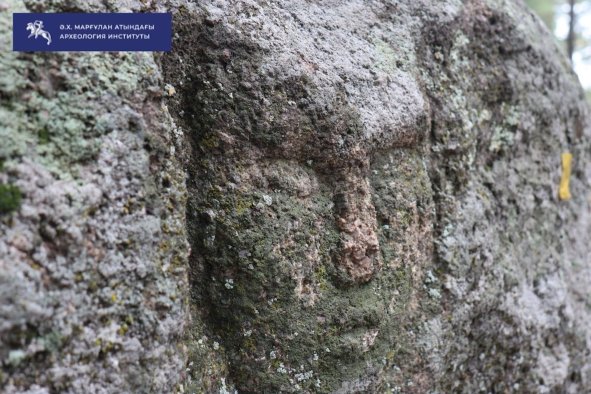Residents of the city of Abilene, Texas were rocked by an earthquake late last night that was felt as far away as Austin, nearly 200 miles to the southeast
Seismicity reached 4.9 on the Richter earthquake scale—strong enough to cause noticable shaking indoors and even create minor cracks in walls and ceilings.
The earthquake's epicenter was located near the Scurry-Fisher County line, 54 miles northwest of Abilene and just 10 miles northeast of Hermleigh, Texas, with the quake occurring at 10:38 p.m. local time, according to the U.S. Geological Survey (USGS).
Seismologists report that the earthquake's focal point lay just 4.8 miles beneath the surface, meaning it was fairly shallow.
A second earthquake with a 4.4 magnitude occurred only minutes later, just northwest of the first quake.
People around northern Texas, as well as in southern Oklahoma and New Mexico, and even as far away as Austin, felt the tremors, USGS data shows.
This quake is the eighth strongest to have ever hit Texas, according to local news KLBK. There are no current reports of damage or injuries from the earthquake.
The Richter scale, also known as the Richter magnitude scale, is a logarithmic scale used to quantify the amount of energy released by an earthquake. Each whole number increase on the Richter scale represents a tenfold increase in measured amplitude and approximately 31.6 times more energy released: a magnitude 5.0 earthquake releases about 31.6 times more energy than a magnitude 4.0 earthquake.
A magnitude 4.9 earthquake is classified as a light earthquake on the Richter scale, which means that it may be strong enough to wake people who are sleeping, and can cause noticeable shaking of indoor items, such as rattling of windows, dishes, and doors. While a 4.9 magnitude earthquake is unlikely to cause significant structural damage to buildings, it can have minor impacts like creating small cracks in walls or ceilings.
Earthquakes of this magnitude occur frequently around the world.
Do you have a tip on a science story that Newsweek should be covering? Did you feel last night's earthquake? Let us know via science@newsweek.com.
Disclaimer: The copyright of this article belongs to the original author. Reposting this article is solely for the purpose of information dissemination and does not constitute any investment advice. If there is any infringement, please contact us immediately. We will make corrections or deletions as necessary. Thank you.



